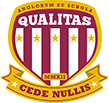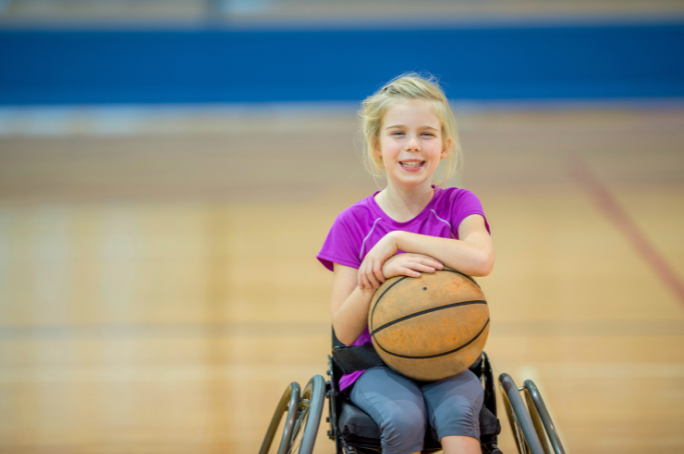Building Teamwork and Leadership Through Sports
What makes sport so powerful?
Beyond building strength and agility, sport has an incredible ability to teach life skills such as teamwork, leadership, and communication – qualities that extend far beyond just sport.
Whether it’s learning to trust a teammate, making quick decisions under pressure, or motivating others, these lessons shape children into confident, capable individuals.
Teamwork: The Power of Working Together
Imagine a football or basketball team where each player operates independently, ignoring their teammates, success would be impossible. Sport teaches children that working together is so important in creating success.
Through sport, children can discover how to value others’ strengths, handle disagreements, and build trust. These elements of teamwork prepare them for group projects, workplace units, and even family dynamics in the future.
How well do your children work as a team in PE lessons?
Leadership: Shaping Tomorrow’s Leaders
Not every student can become a captain, but every child can learn to lead. Sport provides a natural opportunity to demonstrate initiative, whether by guiding teammates during practice or by stepping up during high-pressure moments.
Leadership in sport often means leading by example – demonstrating commitment, perseverance, and positivity. It also involves learning to make decisions that benefit the group as a whole, and not just yourself.
For example, a basketball player might decide to pass the ball to a less-experienced teammate, empowering them to take the winning shot. That’s leadership in action.
Communication: The Key to Success
Clear communication can mean the difference between victory and defeat. In sport, children practice verbal and non-verbal communication – calling when in space, signalling to teammates, or interpreting a coach’s instructions.
Just as importantly, they learn to listen, to feedback, to ideas, and to each other. We all know that two-way communication is key in every facet of life – children who master this skill often become better collaborators, negotiators, and problem-solvers.
Try incorporating communication drills in your PE lessons, like “blindfolded obstacle courses,” where children guide each other through tasks without visual cues.
Why These Skills Matter Beyond Sports
Teamwork, leadership, and communication aren’t just for athletes. They are skill sets which every child will need throughout their lives.
Here are three examples:
- Teamwork: Important for thriving in group projects, professional environments, and communities.
- Leadership: Helps children stand out in job interviews, manage responsibilities, and inspire others.
- Communication: The foundation of healthy relationships, effective teamwork, and presentational skills.
When children practise these skills in sport, they’re preparing for a lifetime of success.
How to Encourage Teamwork, Leadership and Communication Through Sports and PE Lessons
Here are a few practical tips to help children build these skills:
- Rotate Leadership Roles: Give each child a chance to lead warm-ups, set drills, or act as captain for a game.
- Team-Building Challenges: Incorporate activities like relay races, problem-solving exercises, or trust-building games.
- Post-Game Reflections: After a practice or match, ask children to share one thing they learned about teamwork or leadership.
- Celebrate Working Together: Highlight moments where children supported or encouraged each other, emphasising the value of working together.
Did you know that professional coaches often focus on these very skills. If your school could benefit from tailored coaching programs, why not explore expert partnerships?
Are you maximising these opportunities in your school’s sports programs?
If not, now’s the time to start.
Because when we teach young people how to work together, lead with confidence, and communicate effectively, we’re giving them the tools to succeed – not just in sport, but in life.







